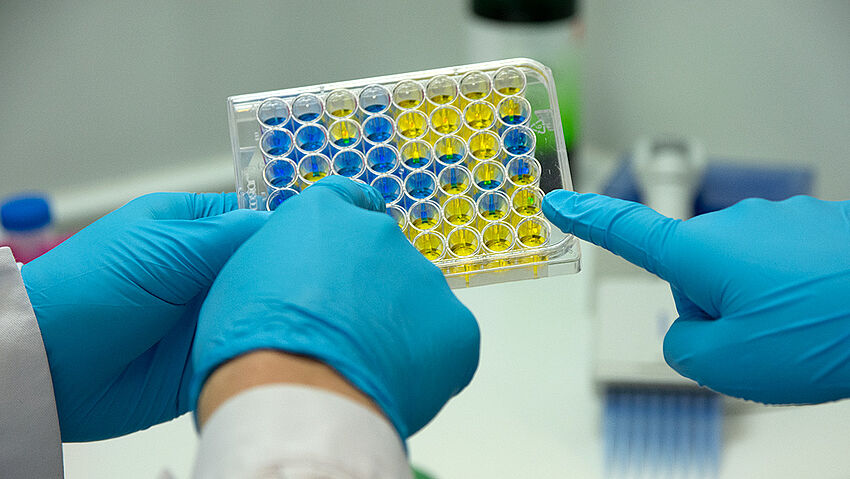Veranstaltung
Bits & Chips: A Cancer Subtype Prediction Methodology Integrating Multiple Biological Datatypes

Cancer is the second leading cause of death in the world, and cancer-specific networks are still not fully demystified. With increasing technology, various biological datasets from cancer tissues have been generated to better characterize the cancer biology. Using these datasets, subtypes of various cancers have been discovered and cancer subtype prediction tools have been developed. Several of the cancer subtype prediction studies rely only on one type of biological dataset such as gene expression, mutation, microRNA expression, and DNA methylation. However, each of these data types explain a unique aspect of the underlying biology and thus developing integrative computational methods have been an important problem in bioinformatics. Deep learning has the ability to find the significant relations in high- dimensional data. Getting benefit of deep learning, Graph Convolutional Neural Network (GCNN) was developed recently to model data by performing convolution in non-Euclidean domains like graphs and have been applied in many studies. In this study, we aim to develop a cancer subtype prediction methodology called SUPREME that will integrate multiple types of biological data to predict subtypes of cancer patients. Our objective is to deduce the signals from different biological datasets considering the patient similarities with GCNN and integrate the datatype-specific signals to predict the cancer subtypes of patients. We did preliminary analysis using 1022 breast cancer patients along with gene expression, copy number aberration, mutation, and DNA methylation from The Cancer Genome Atlas project. We generated individual networks and trained GCNN models for each network separately. Our preliminary results showed that individual networks had good prediction power as compared to multilayer perceptron even before integration step. This motivated us to analyze these networks more deeply and integrate them getting benefit of convolution and all the datatypes at once, potentially leading to more accurate models.
Ein Vortrag in englischer Sprache von Ziynet Nesibe Kesimoglu
Die Veranstaltungen der Reihe Bits & Chips finden digital via BigBlueButton statt. Die jeweiligen Zugangsdaten erhalten Sie per Mail an <link mail internen link im aktuellen>bits-n-chips@th-bingen.de.
Zurück zur Übersicht